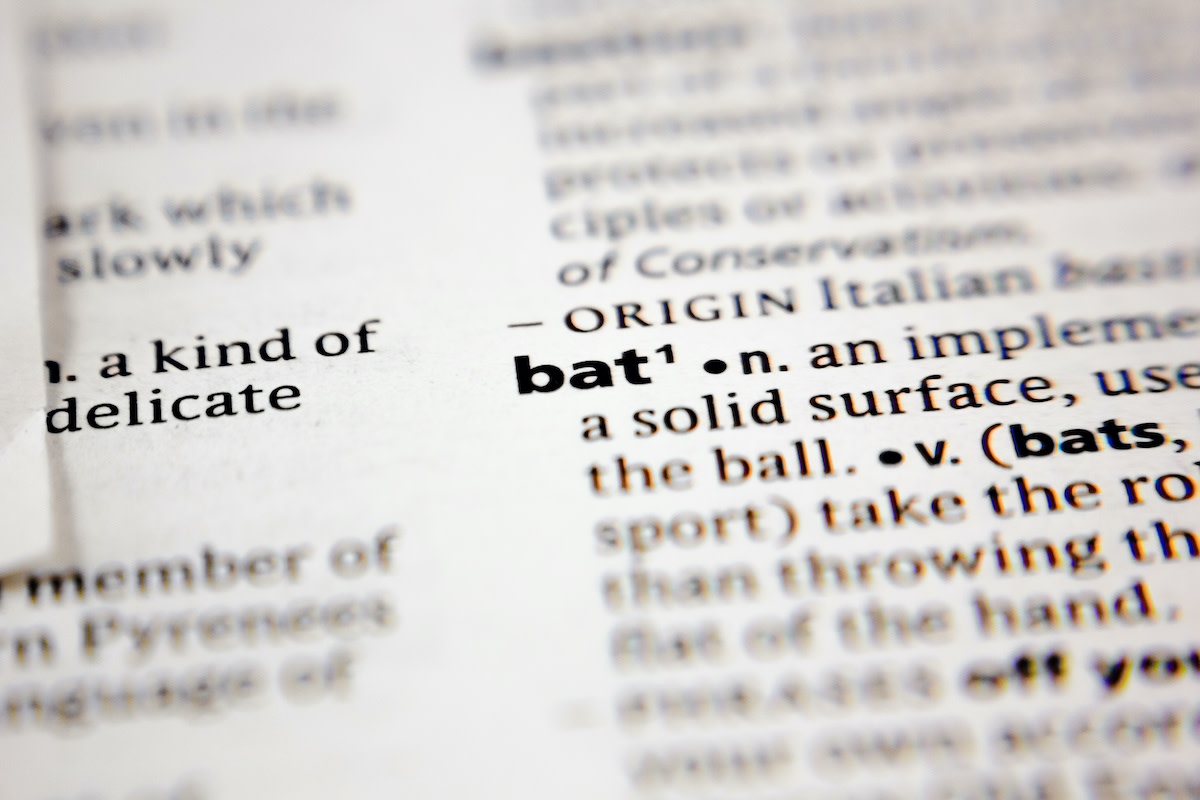Homograph Guide: 4 Examples of Homographs
Written by MasterClass
Last updated: Jul 22, 2021 • 2 min read
A homograph refers to words with the exact spelling that have different meanings depending on context or pronunciation.
Learn From the Best
What Are Homographs?
Homographs are two or more words that are spelled the same but have multiple meanings and sometimes differing pronunciations. The word homograph comes from the Greek words “homós,” meaning “same,” and “gráphō,” meaning “write.” Homographs usually refer to words in the English language, though other languages also have homographs, such as French, Italian, and Chinese.
Homograph vs. Homonym vs. Homophone vs. Heteronym
Homographs, homonyms, homophones, and heteronyms all refer to words that may look and/or sound the same but have different meanings. The key differences between these four terms are spelling and pronunciation:
- Homographs: Homographs are words with the exact spelling that have different meanings and may have different pronunciation.
- Homophones: Homophones are words that have the same pronunciation but have different meanings—they may or may not have different spellings.
- Homonyms: Homonyms are words with the same spelling and pronunciation, but the terms have different meanings depending on how you use them in a sentence.
- Heteronyms: Heteronyms are spelled the same but have different pronunciations, giving them different meanings.
4 Examples of Homographs
Examples of English homographic words include:
- 1. Bass: “Bass” can refer to a type of fish, a deep voice, or a musical instrument. When referring to a deep voice or the musical instrument, “bass” is pronounced the same (“base”), making it a homophone and a homonym in those instances. “Bass” can also be a heteronym—when referring to the fish, “bass” rhymes with “pass.”
- 2. Bat: The word “bat” can refer to the baseball equipment or to the winged animal. The pronunciation is the same across both definitions, making “bat” both a homograph and a homophone.
- 3. Moped: This word “moped” has different pronunciations and, therefore, different meanings depending on its pronunciation, making it also a heteronym. It can be the past tense of “mope,” which is to be sad and listless. “Moped” (pronounced "mo ped") can also refer to a type of motorbike.
- 4. Wind: The word “wind” can refer to the act of winding, like winding a clock. This usage has the pronunciation of a long i. “Wind,” with the pronunciation of a short i, describes air blowing from a particular direction.
Want to Learn More About Writing?
Become a better writer with the MasterClass Annual Membership. Gain access to exclusive video lessons taught by the world’s best, including Salman Rushdie, Walter Mosley, Margaret Atwood, Joyce Carol Oates, Dan Brown, and more.
